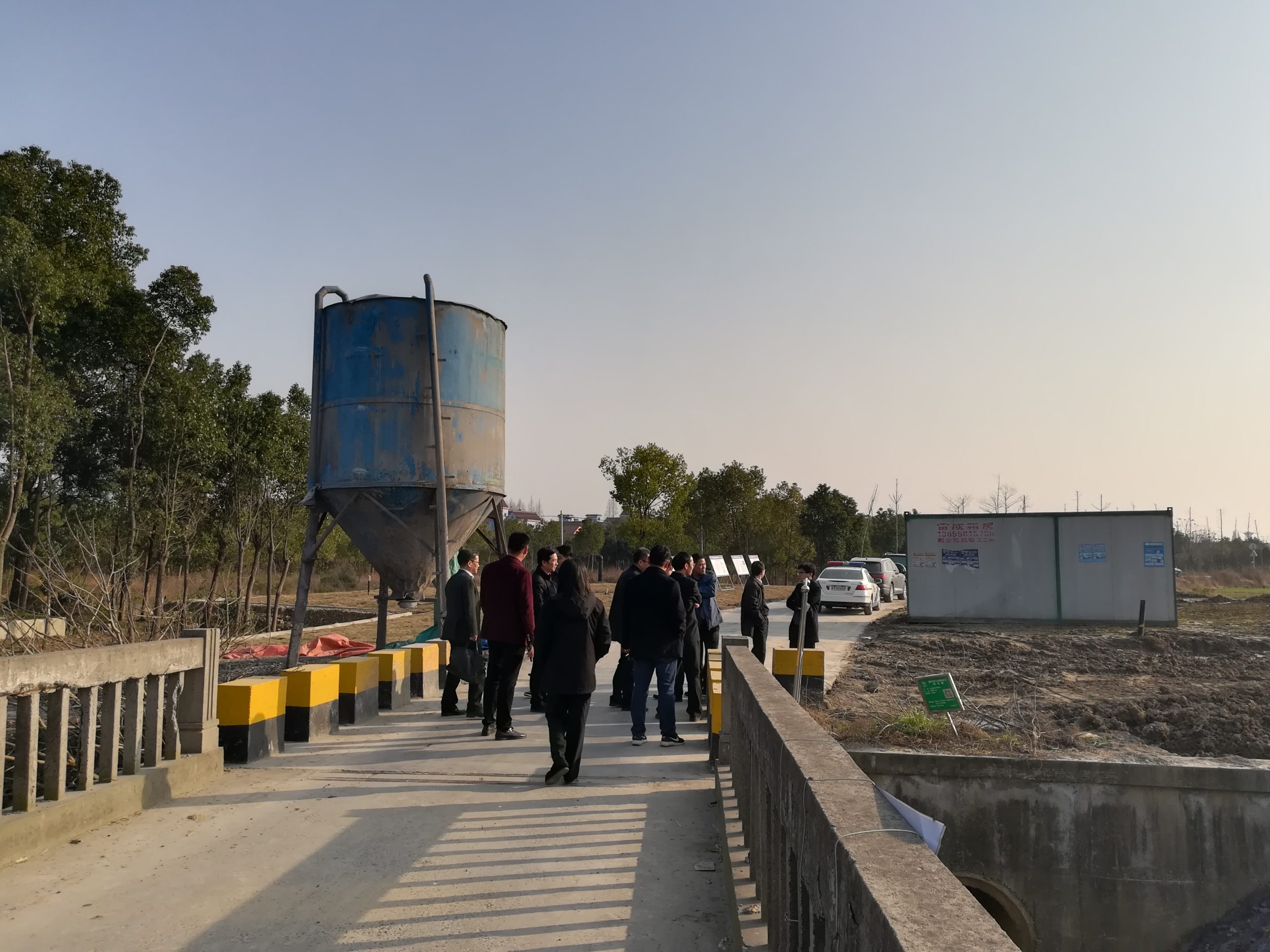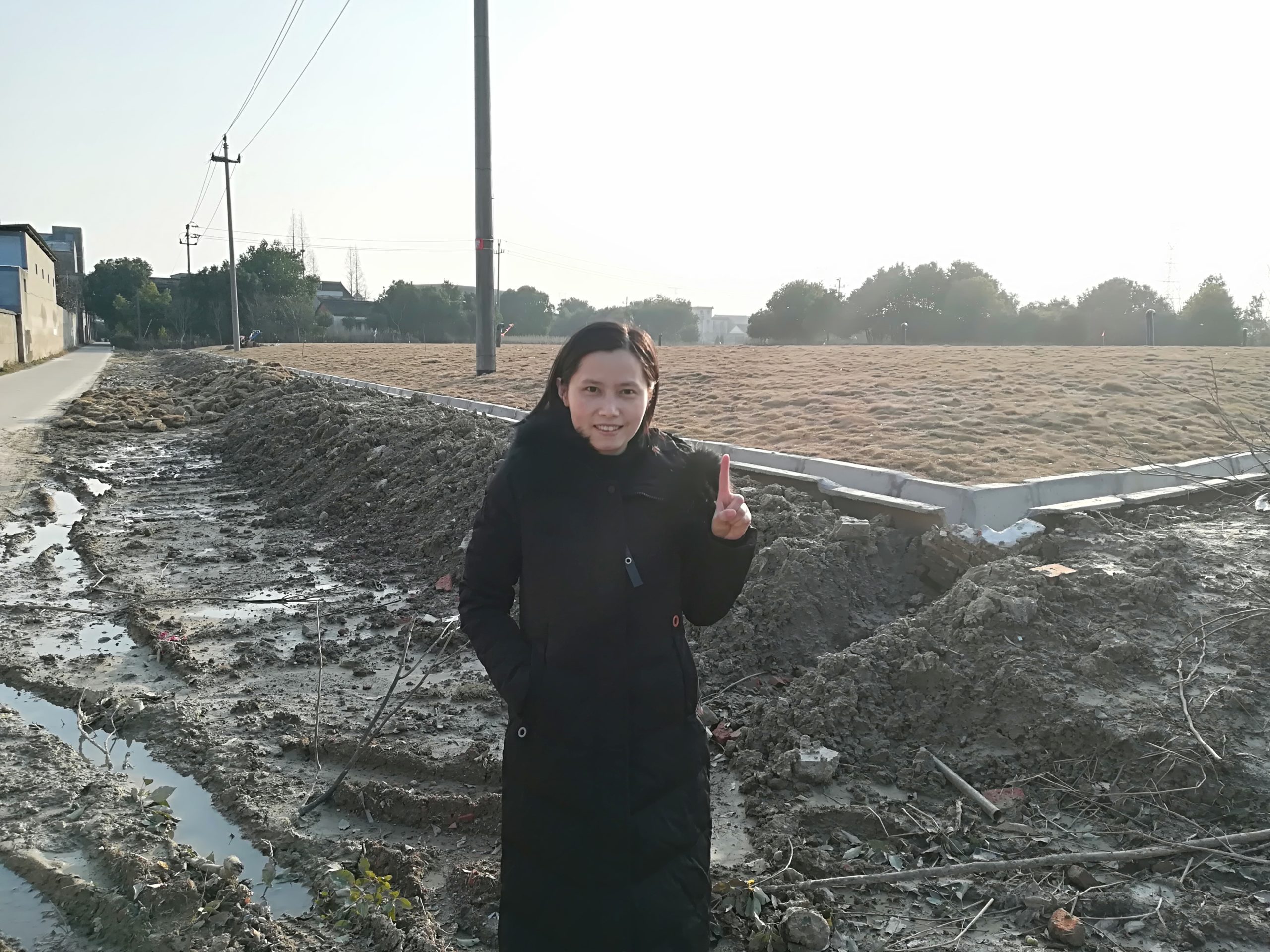A Watershed Win for Qiantang River Waterkeeper
By: Ellen Simon

By Ellen Simon
When China’s environmental laws changed in 2015 for the first time in 25 years — promising harsher penalties for polluters, giving regulators greater power to assess daily fines, and allowing nongovernmental organizations to sue polluters on behalf of citizens for the first time — Qiantang River Waterkeeper Hao Xin was ready.
Throughout the 1990s, Shanglin Tannery outside Haining City had illegally buried its sludge in nearby farmlands, polluting five acres.

After hearing about the issues faced by village residents, Qiantang River Waterkeeper began conducting onsite investigations.
The new laws also spelled out, for the first time, exactly what nongovernmental organizations would have to do to achieve standing to sue, so the Qiantang River Waterkeeper had to go through a process to confirm that it is a NGO, and to register with the government above the municipal level.
It completed that process before the end of 2015, and was named a joint prosecutor on the case. Working with two of China’s most influential environmental nonprofits — China Biodiversity and Green Development Foundation and Friends of Nature — which provided financial support, the Waterkeeper filed suit, in the Zhejiang Province Intermediate People’s Court of Jiaxing City, against the tannery’s owners. The case was the first environmental public interest suit in Zhejiang Province, which hugs the coast of the East China Sea and is home to 54 million people.
After three years, in September 2019, the court ruled in Qiantang River Waterkeeper’s favor. The result: The tannery’s owners were fined a total of almost 30 million Renminbi (about $4.3 million).
“Water and land here needed someone to speak for them,” said Hao. “I’m honored that we had the chance, and I’m thrilled with the result.”